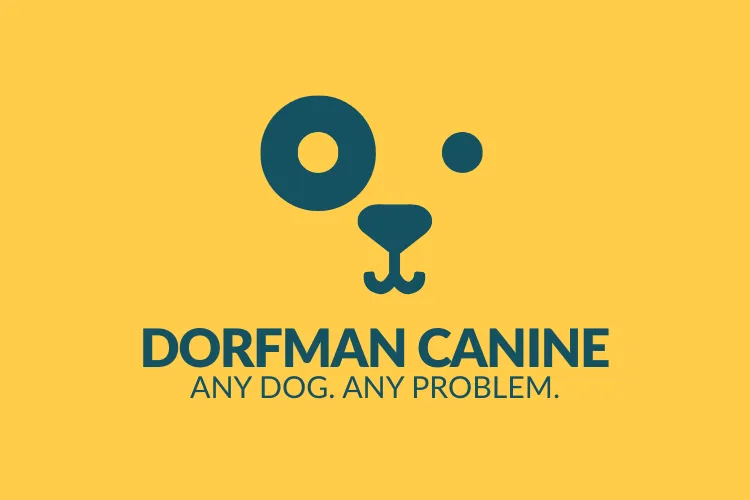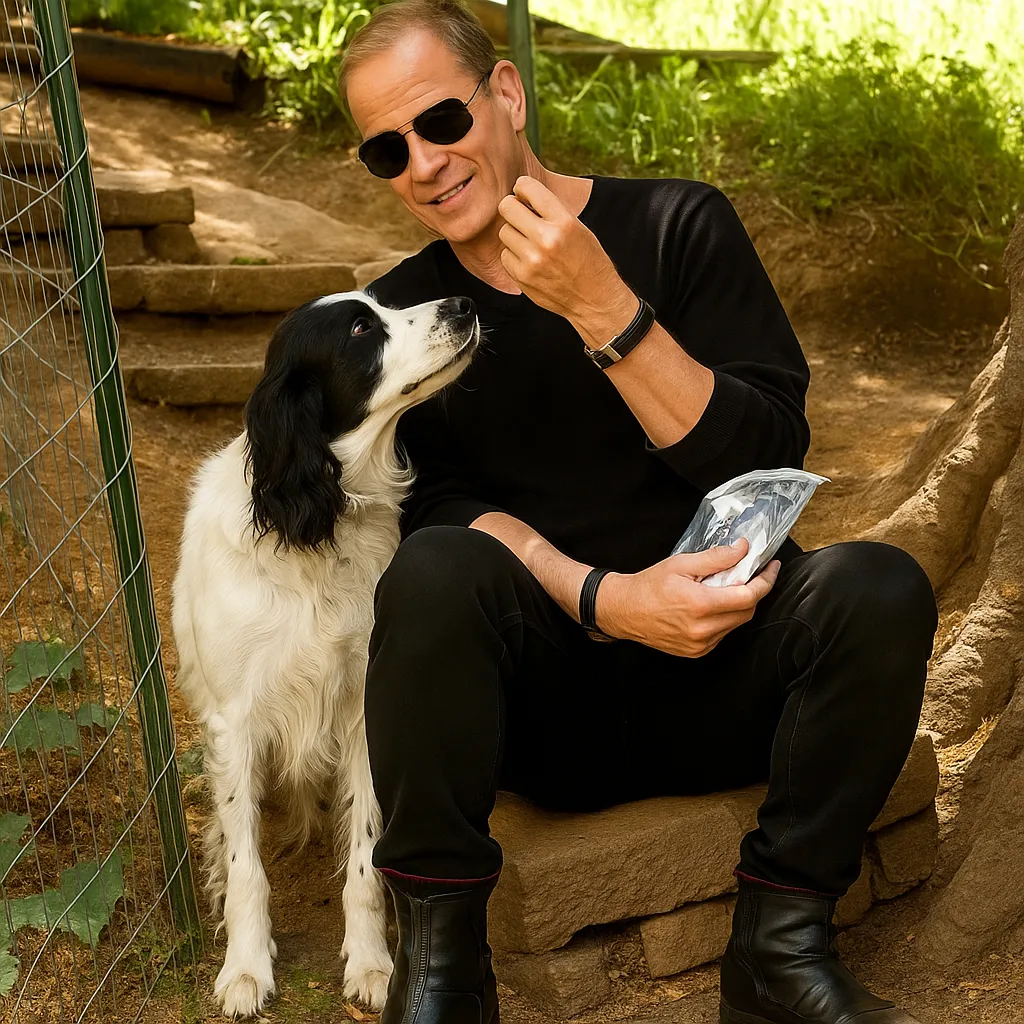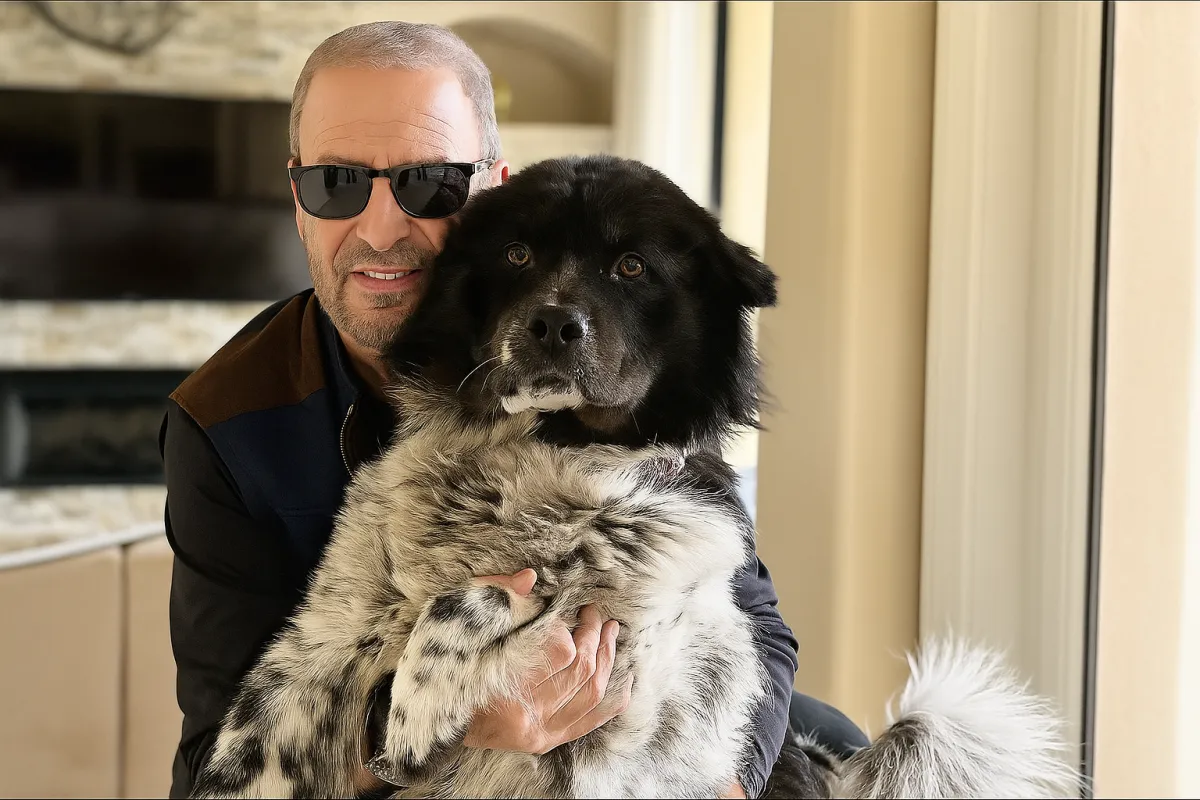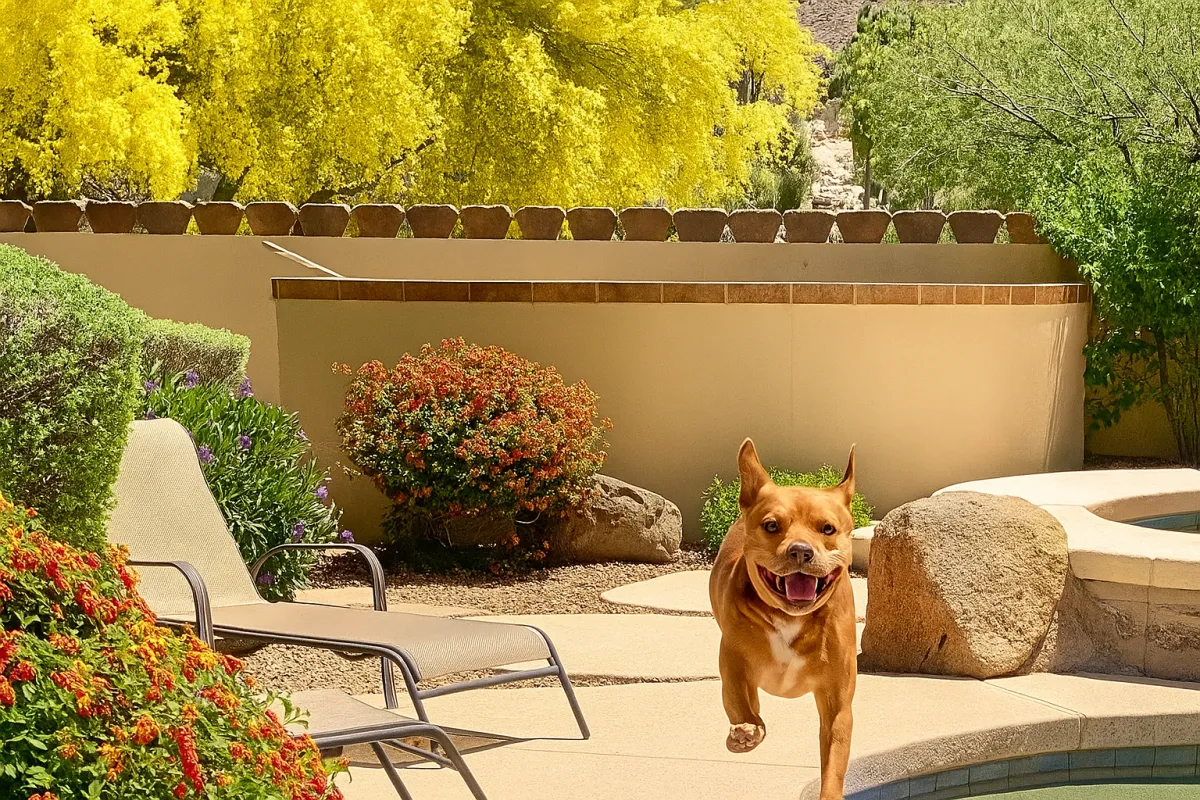Dog Training for Problematic Behavior
Aggression, fear, anxiety - we tackle it all.
Call now for a free consultation!
Serving Mesa, Gold Canyon, Phoenix, Scottsdale, Queen Creek, Gilbert, Chandler, Apache Junction and more.

Any Dog. Any Problem.
Whether your dog is dealing with fear, aggression, anxiety, or other behavioral challenges, every dog has the potential to become calm, confident, and a truly great companion. Let’s find out what your dog is capable of becoming.
97%
Success Rate

26 Years
Of dog training experience

4.9
Google Rating
Our Work
Customer Testimonials

"My wife and I strongly recommend Dorfman Canine if you are considering quality training for your pets. He assesses the problems quickly and don’t be surprised that some of the problem is the owner. All of his advice worked!"

Kenneth Crouch

"Thanks to Eric, we’ve seen a dramatic improvement in our dog’s behavior. Even after training, he has remained an invaluable resource, always ready to offer guidance and advice whenever needed."

Danielle Harvey

"If you are looking for an experienced and professional dog behaviorist, Eric Dorfman is an excellent selection."

Mike Prentice

About Me
Eric Dorfman
My passion for working with dogs began early, but everything changed after I met Cesar Millan—long before he became as famous as he is today. That encounter reshaped the way I understood dog behavior and laid the foundation for my unique, highly effective training method: rarely using food, treats or clickers and never resorting to negative punishment.
Our Services
Personalized Support for Every Dog

I come to you
1 on 1 Dog Training
Multiple in depth visits, hands-on training sessions at your home fully customized to your dog’s needs, with lifetime support and free visits included.

Drop off your lion and pick up your lamb
Board & Train Dog Rehab Resort
I work with your dog daily in a structured environment to address serious behavior issues and reset unwanted habits.
FAQ
Common questions about dog training
Understanding your dog is key to building trust and a strong relationship. At Dorfman Canine, we’re committed to not only training dogs, but also empowering owners with the knowledge and tools to create lasting results.
What are the risks of using punishment-based methods to address dog aggression?
Punishing a dog for reacting to other dogs can actually make things worse. If your dog already feels scared or threatened, adding pain or fear—like yelling, kicking, or shocking—only deepens the negative association. Instead, counter-conditioning helps create a positive link. If your dog sees another dog and receives praise, treats, or play, they’ll start to associate dogs with good things, not bad ones.
Can aggressive behavior in dogs be eliminated with training?
In many cases, yes—especially when the aggression is fear-based, which it often is. Dogs quickly learn that barking or growling keeps scary things (like strangers or other animals) away. This reinforces the behavior. With the right approach, we can change that response and build trust instead.
How does socialization help reduce dog aggression?
Proper socialization can prevent aggression, but if that window is missed, exposure must be handled carefully. Public spaces can overwhelm reactive dogs. I offer controlled environments with non-reactive helper dogs to gradually build new responses in a calm, safe way—while coaching you through it.
© 2025 Dorfman Canine. All rights reserved.
Privacy Policy
Terms of Use


